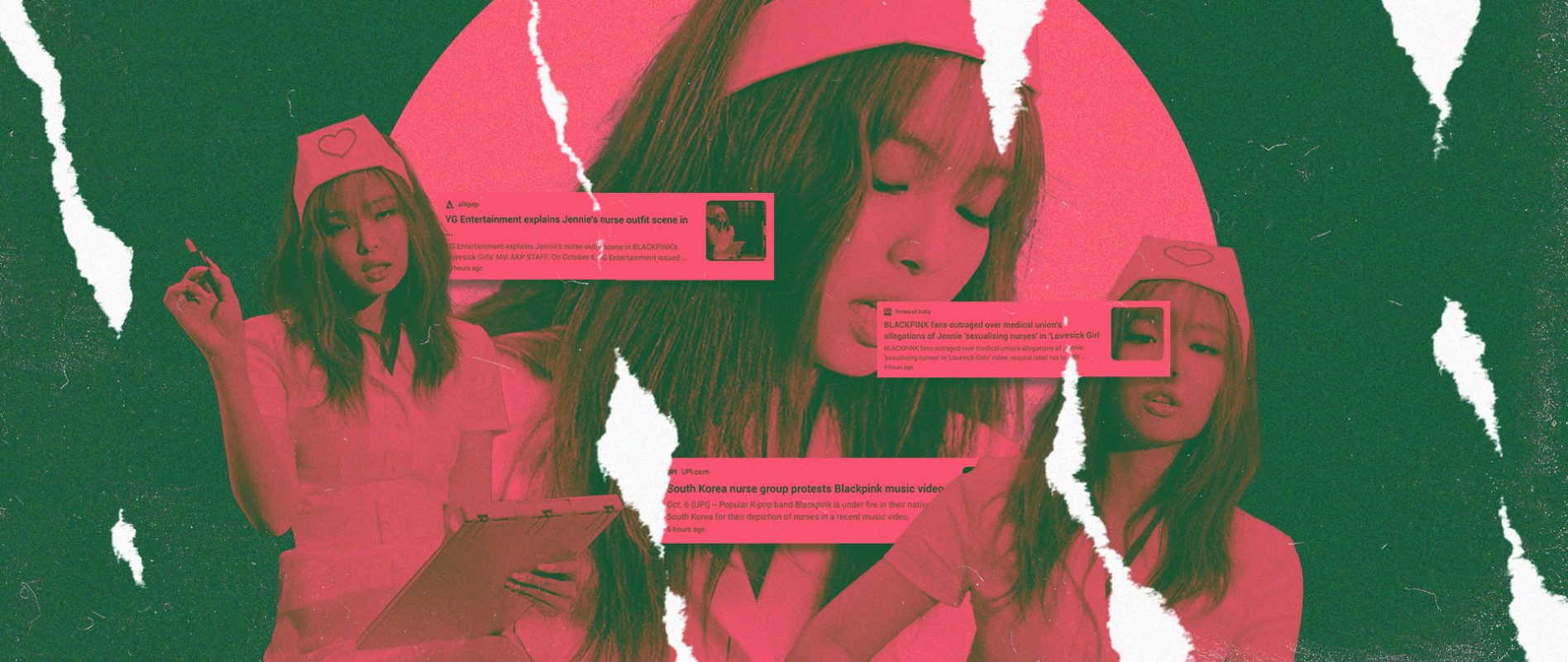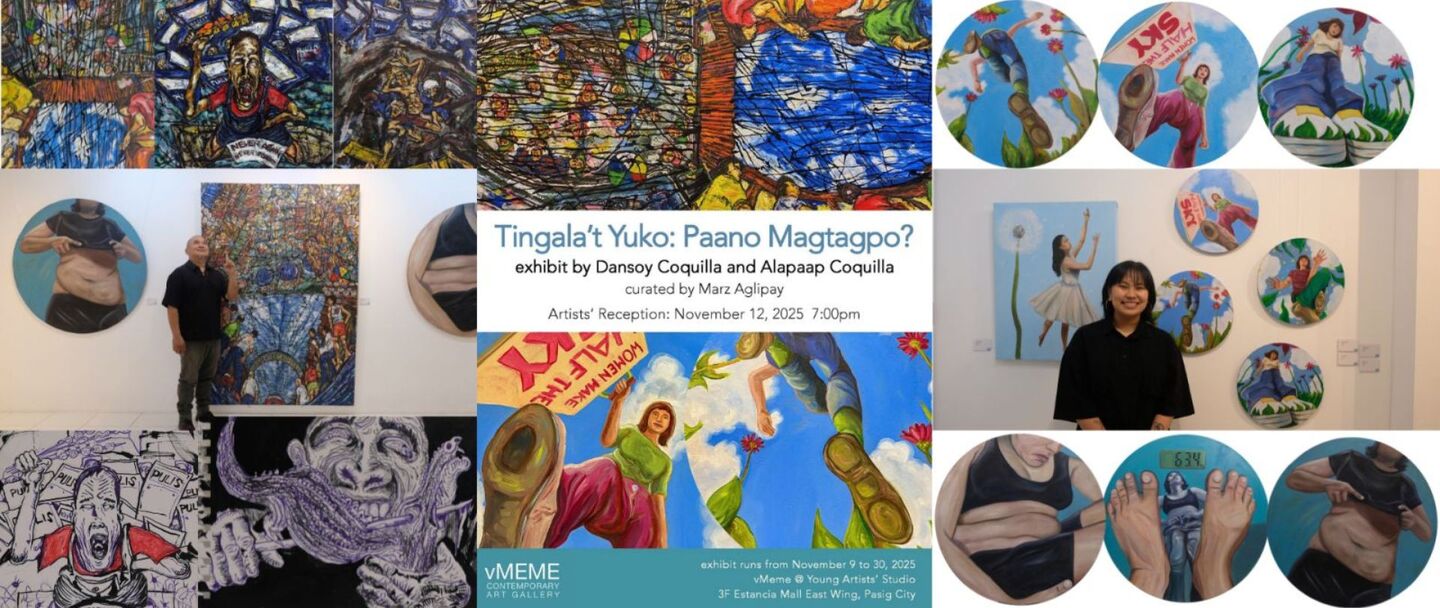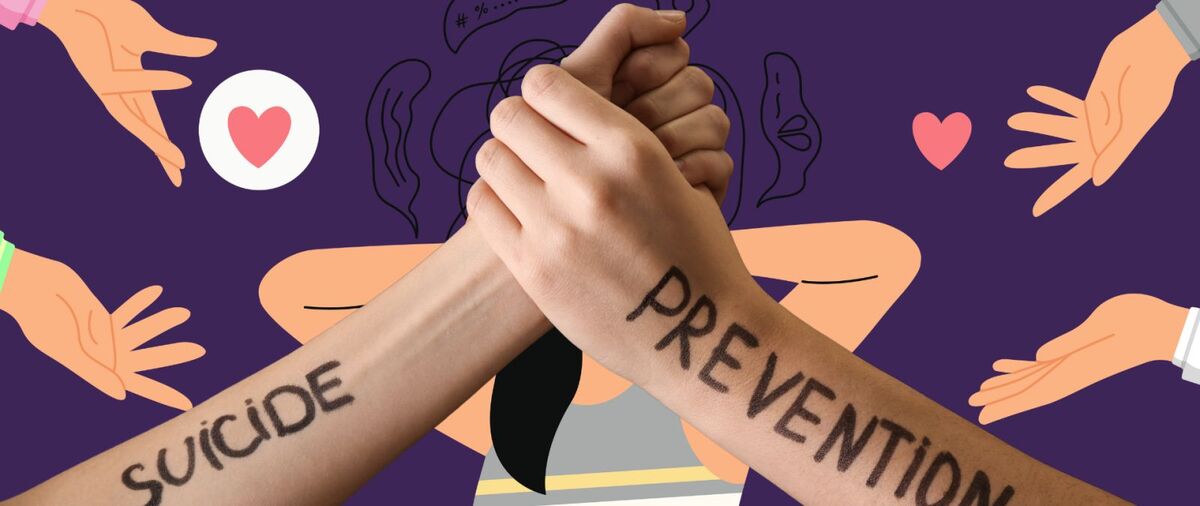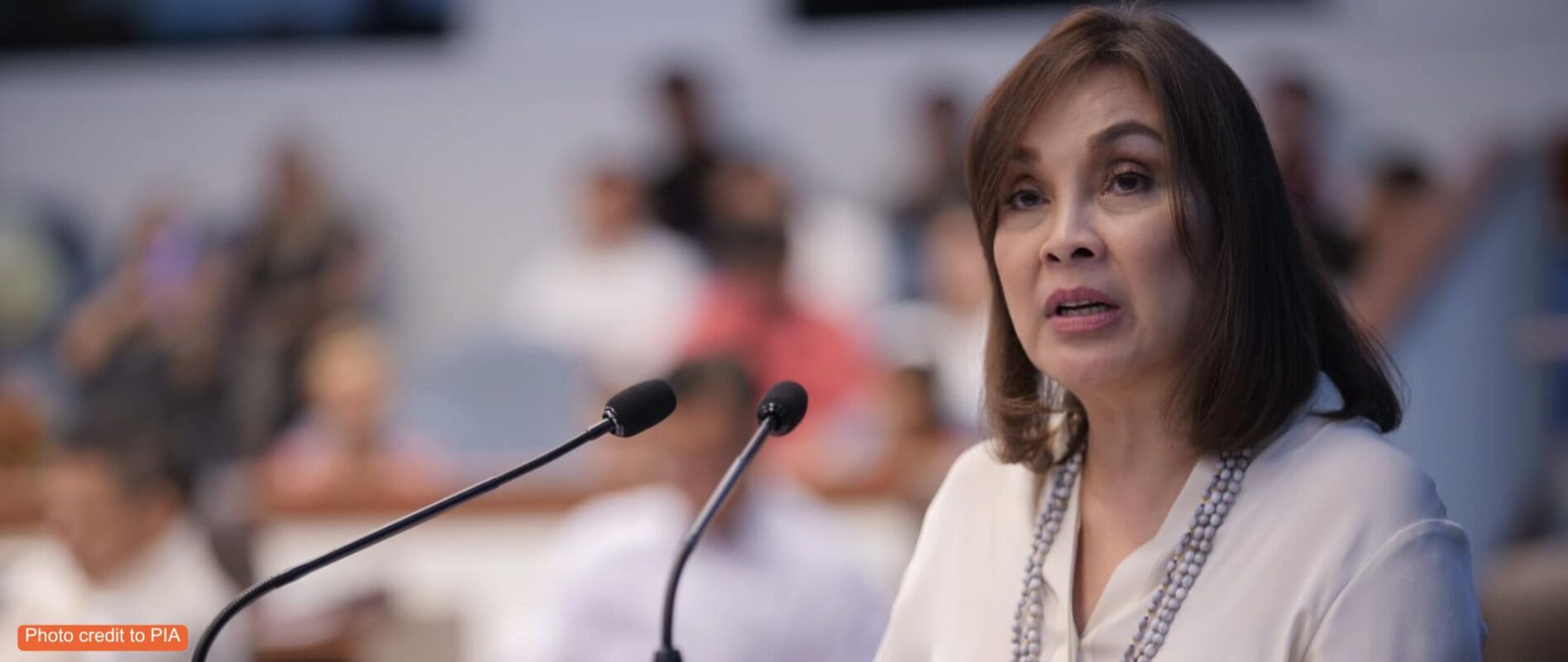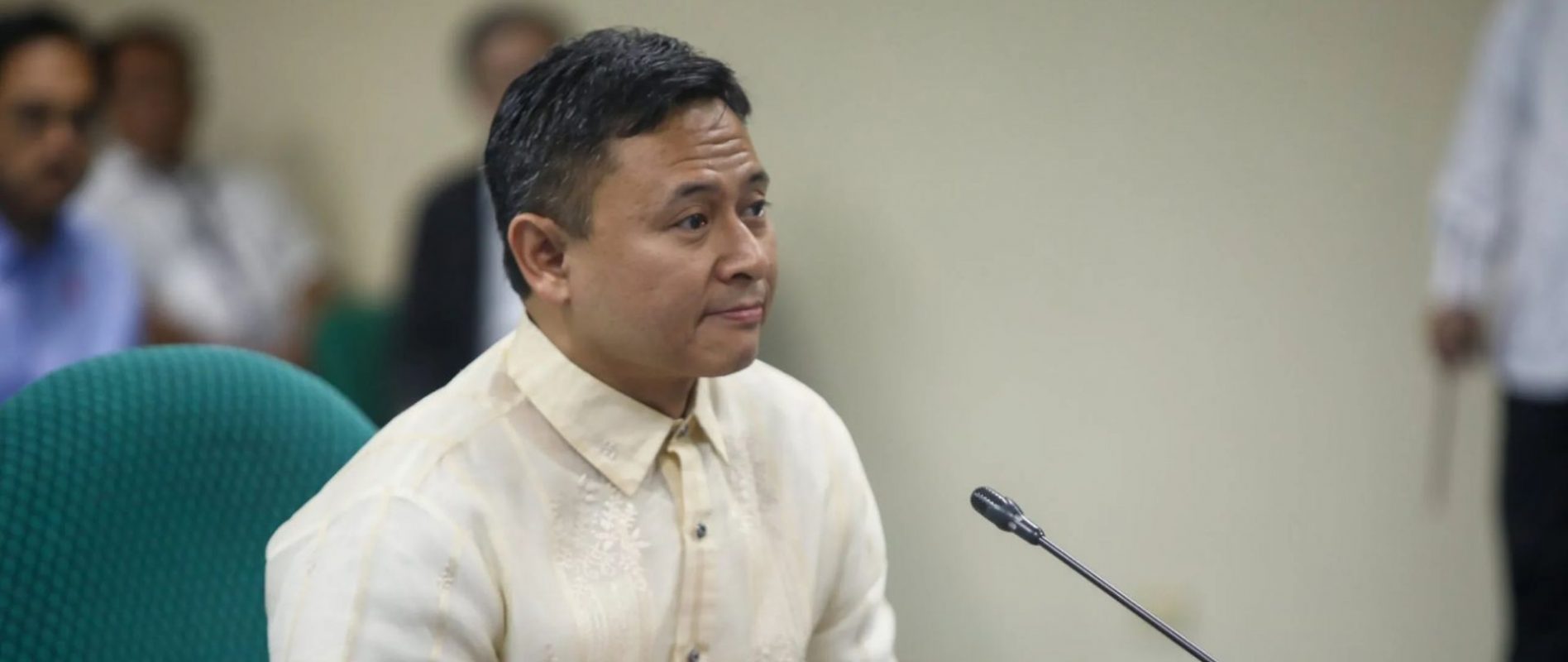ON BLACKPINK, THE INFAMOUS NURSE OUTFIT, AND THE DOUBLE STANDARDS AND OVER-SEXUALIZATION IN KPOP AND THE WORLD
Korean netizens call out BLACKPINK member Jennie for allegedly "over-sexualizing" nurses in the new "Lovesick Girls" music video. Fans and non-fans alike whip out their mirrors and ask society why they're perceiving the simple uniform in an over-sexual way to begin with.
Last Friday, on October 2, the world of K-Pop rejoiced with the release of BLACKPINK’s first album, with lead single “Lovesick Girls.” In group member Jennie’s rap scene, the stylists of YG Entertainment dressed her in a nurse uniform — exactly like the uniforms of nurses in hospitals all over the world — to creatively portray her “no doctor can help when I’m lovesick” lyric. Despite the scene’s seemingly harmless intention and execution, many K-netizens voiced out their discomfort with the scene as they claim that the group over-sexualized the noble work of nurses.
The issue blew up so massively that the Korean Health and Medical Workers Union also stepped in to share their negative opinions on the scene. As issues on politics and unions got involved, it ultimately resulted to YG Entertainment formally deciding to cut the video and replace it with an edited version as soon as possible, as shared on an official statement released on Wednesday, October 7.
In response, the Internet is enflamed with support for Jennie and the group, calling the issue a classic case of misogyny, over-sexual perceptions, and general hate towards the idol. This is because a lot of other artists before Jennie have also worn versions of a nurse outfit in their own music videos, with some even “sexier” depictions of it, but were never called out.
Some fans believe that this is an example of the intense baseless hate the BLACKPINK girls receive, which always seems to be of higher intensity than when other idols are faced with similar issues. In fact, there seems to be an on-going trend of hate towards Jennie in particular, as her every move often result to trending topics with thousands jumping on the bandwagon and throwing shade for things like under-performing, and interview answers taken out of context, to name a few.
jennie deserves an apology. why is she being sexualised when all she did was wear a nurse outfit for 5 secs and rap “no doctor can help when I’m lovesick”?? literally nothing sexual about this.. PROTECT JENNIE https://t.co/GEtuZdCImJ
— diva (@divaxblink) October 7, 2020
Its actually disturbing how people are trying to crucify Jennie over her nurse scene. This has misogyny and hypocrisy written all over it. They are constantly looking for any little thing to try and drag the pinks and its getting tiring.
— Dylan???? – STREAM LOVE SICK GIRLS & BP1 (@Trillasaurus) October 6, 2020
See Nurse outfits have been used throughout kpop girl groups for a long time but it’s only a problem when Jennie wears it:< pic.twitter.com/M6cXT1ZL2k
— J (@jillianeG_) October 4, 2020
when your oppas wear police outfits, rip their shirts off & hump the floor, it's "hot" & drives you crazy. but when jennie wears a harmless nurse outfit (which reaches down to her knees & is buttoned up covering her chest), it's considered sexualization?
YOUR LOGIC IS SO FLAWED.
— ➵ ᴊᴜɴᴇ (@ahgablink) October 4, 2020
Many people also brought to light the issue of male idols getting the pass for more “provocative” and “sexual” performances without drawing the general public’s negative attention. In a traditional society like South Korea, women in media (or women, in general) are often given a different set of standards and expectations compared to men, and often receive stronger backlash when it comes to such matters. This is also a big reason why a lot of female K-Pop idols who society deem to be “different” in terms of music, style, and overall image are branded as “bad girls” — something BLACKPINK and Jennie in particular are no strangers to.
As YG Entertainment’s statement to remove the scene surfaced online, a number of trending topics regarding the issue immediately went up on Twitter: PROTECT JENNIE, #YGDONTDELETETHESCENE, #YGDEFENDJENNIE, and PROTECT YOUR ARTIST.
This remains to be a hot topic that is currently being widely discussed online, with fans urging others to refrain from using the trending tags and mentioning politicians and other reporters, as it seems that the issue is growing more and more out of proportion as other organizations get involved.
Stop using #.YGDontDeleteTheScene & stop sending threats or attacking the 'party' & the reporter. They might use it against us and the pinks. You can use the tagline "Protect your artists. Protect JENNIE" instead! PLEASE do not let your emotion making the situation worse.
— BLACKPINK Worldwide ???? (@BLACKPINK_WW) October 7, 2020
In an effort to question the negative backlash from the Union, several nurses also went on Twitter to say they weren’t offended by the scene at all, as it merely replicated the standard uniform many nurses wear in real life.
I'm a nursing student and of course I have a lot of nurse seniors. I asked them if they saw Jennie's outfit on LSG MV and they told me there's nothing wrong with it. Her outfit doesn't take away the relevance and significance of our profession.
— dar (@forlesyeux) October 4, 2020
Blinks, please refrain from using #.YGDontDeleteTheScene and let's watch our words. The girls are about to have their comeback stage and it might get cancelled when the issue become larger. If you happen to see any Blinks saying bad words, kindly inform them to stop. Thank you.
— TEAM BLΛƆKPIИK (@teamblackpink) October 7, 2020
To a certain extent, even us here in the Philippines have a notion of how strict and stern the K-Pop industry is. As the genre grow in popularity all over the world, we also see how the industry’s structure and culture shape its artists to almost-perfect “products,” in which its idols are at the mercy of authorities in media and the pressure of keeping up spotless images. This is a whole different issue in society to consider, but the topic at hand is somehow an extension of it. That although, yes, there are instances where nurses are over-sexualized in media, this is not an example of that.
Rather than pining the blame on these artists, perhaps we should be pouring our energy on clearing up this mindset instead. The question that should be asked in its place, is why society looks at the uniform in such a sexual way. And why, ultimately, the blame is yet again being thrown at the woman wearing it, and not on the people who saw it in that light.
u don't sexualize women and make them adjust. check your mindset.
Protect your artists. Protect Jennie. @ygent_official pic.twitter.com/AzHZX2jhwb
— f (@forjendeuke) October 7, 2020

